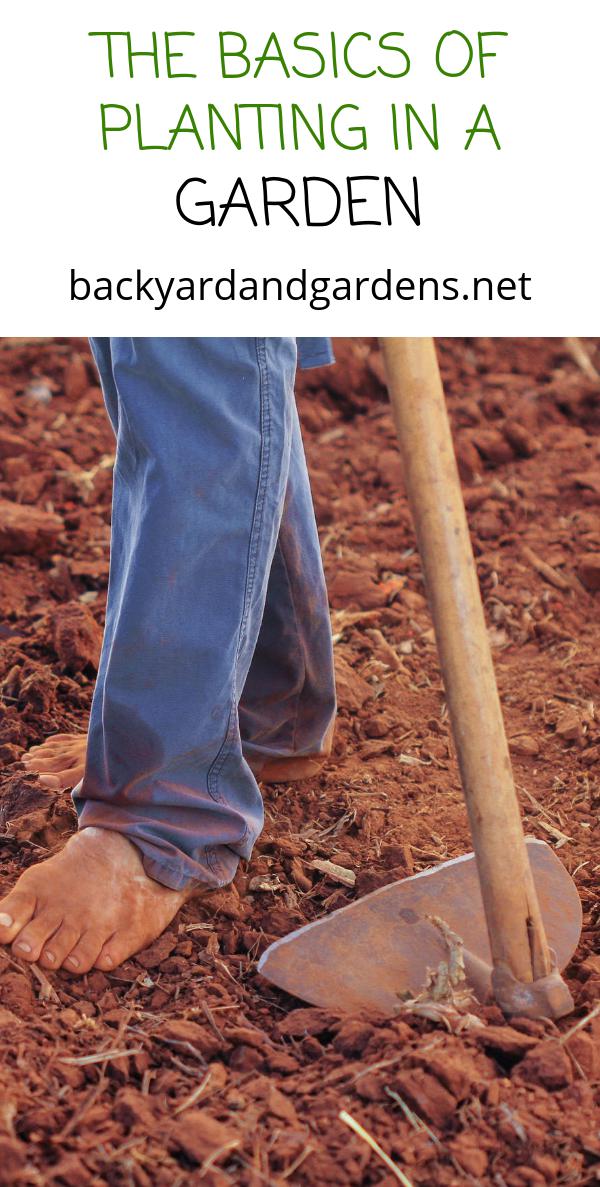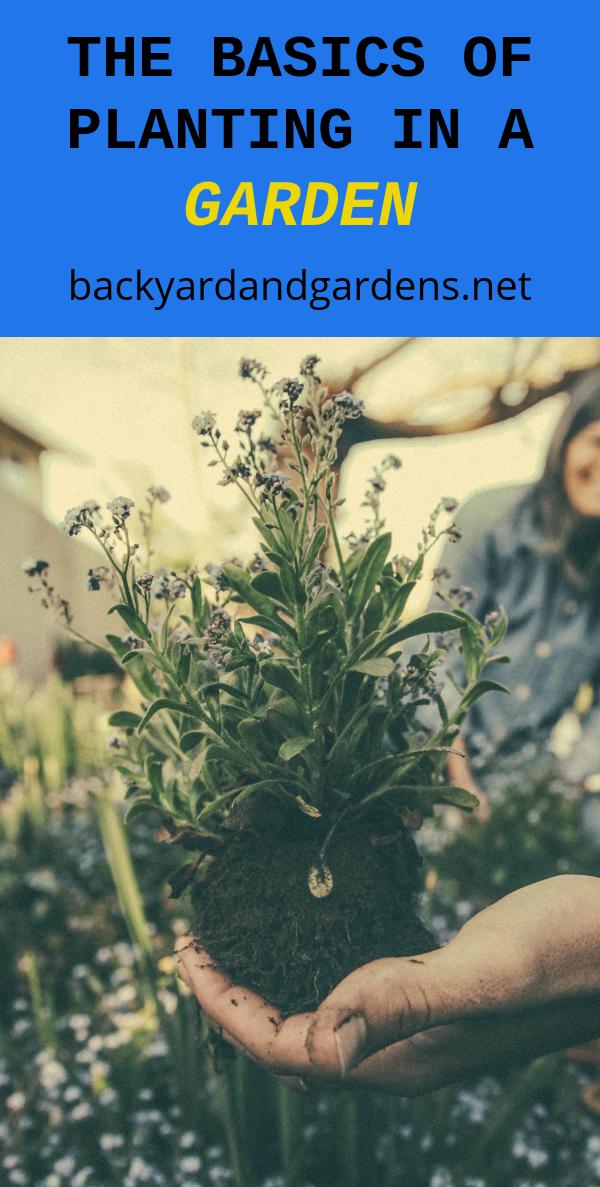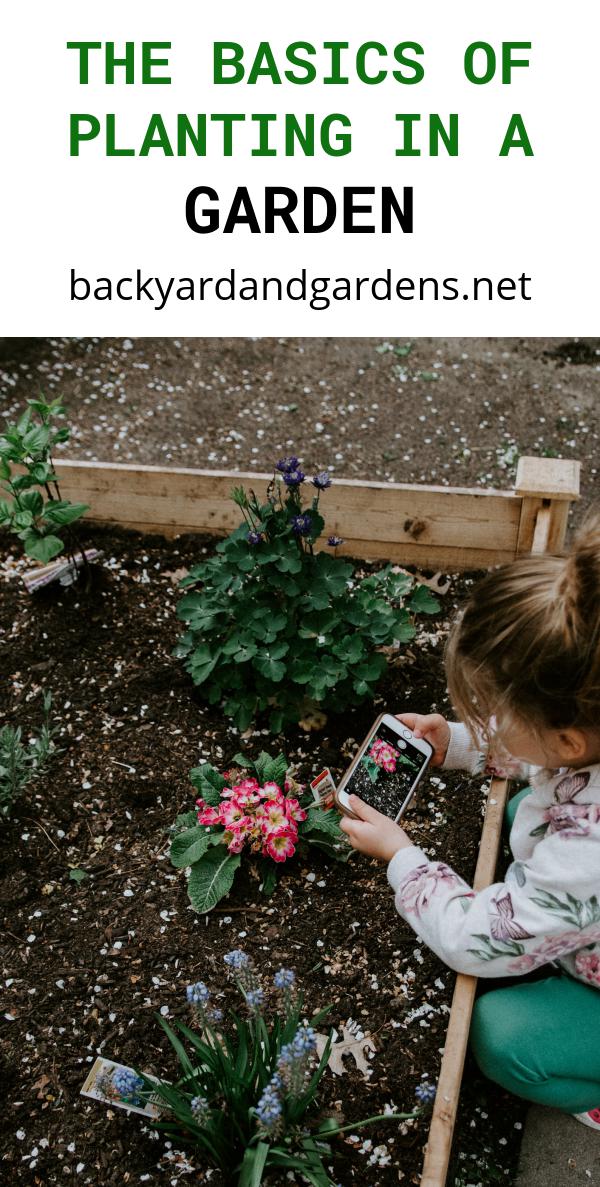The Basics of Planting in A Garden
The main purpose of planting is to create an environment that can keep and sustain life. A good soil for planting can help encourage the growth of your plant life. The ability of the soil to sustain plant life depends on the type of plants, the weather, and how the soil is used.
The most basic goal of planting is to establish a system of plant life that will function and survive in the specific area. Each area should be treated differently based on the plants that will thrive in those surroundings. When you are planting, you should be looking for specific locations for achieving the most healthy plants.

There are many plants that can thrive in certain areas or circumstances. For example, if you have a native grass growing in your front yard, it would be wise to plant that grass in your backyard because it can take over the area and make your yard look like it has been around forever. It also can be beneficial if you do not have a grass area, but you still want plants to grow.
There are two ways to plant a native plant growth in your yard, by planting it in your yard and then transplanting the plant into the space. You can also just plant the native plants in your yard that you enjoy most. Some examples of natives that can benefit you … depending on the region you live in… are: elderberry, hollyhock, holly, ivy, sweet grass, grasses, ferns, ivy, bramble, and balsam fir.
When you are considering transplanting a native plant, look at the directions for how much land is needed for the plant to survive. You can check with the local gardening center for recommended transplants. When planting native plants in a yard, try to choose the ones that will be able to withstand the different weather conditions that they will encounter.
There are different kinds of planting that can be done. If you are planting in an outdoor space, you can use a trellis to support the plants as they grow. Use stakes to plant vines that will provide the best quality of structure.
You can also plant in any open space, including a patio. You can plant a row of containers or arrange them in a line, depending on what size container you choose. You can put your container plants in a raised bed as well.
If you have a larger space for planting, plant those that will grow best in the space. Choose those that are the most hardy. Plant those that can withstand changing temperatures, as well as poor drainage.
After you have decided on the type of plants that you want to get, it is time to get your equipment for planting. Your first step is to purchase your planting tools, or use a planting kit. These kits come with the soil additive, the shovel, the soil mix, the fertilizer, a watering can, a sharp blade for cutting the soil, a rosin paper bag, and a collection tray.

If you plant in an open space, you will need to determine the correct conditions that the plant will need for planting. A planted bed will keep the root structure of the plant in a rigid manner, which will give it room to grow.
When planting in a garden, remember to look for plants that are hardy. This can be difficult to determine with the plant that you buy, so it will take some experience to know if the plant is suited for your area. The people at local garden center can be a great source of information and a good way to learn more about plants.
